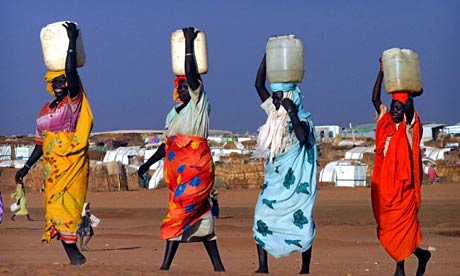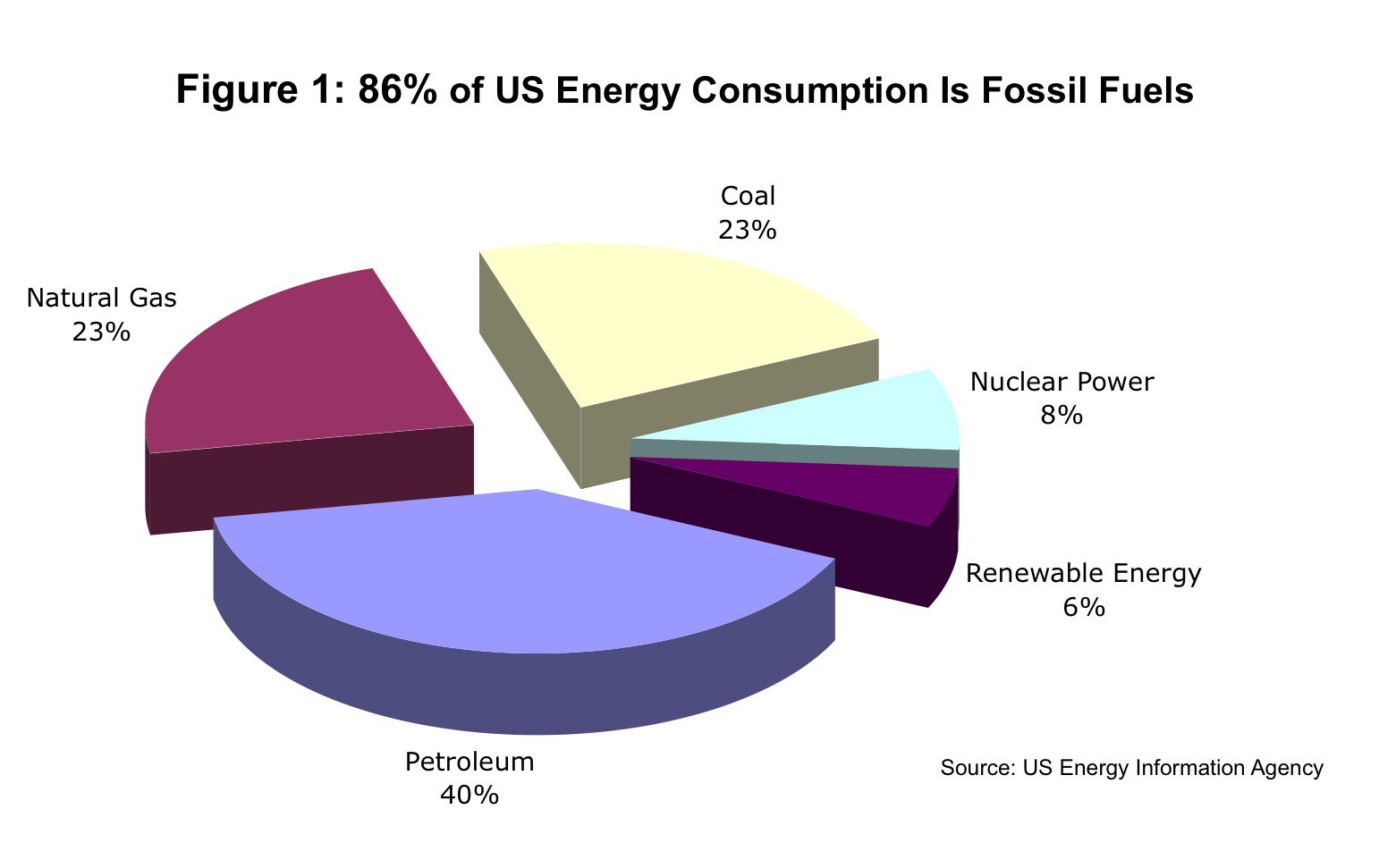- Increase Earth's average temperature
- Influence the patterns and amounts of precipitation
- Reduce ice and snow cover, as well as permafrost
- Raise sea level
- Increase the acidity of the oceans
These changes will impact our food supply, water resources, infrastructure, , and even our own health .










